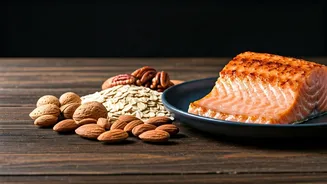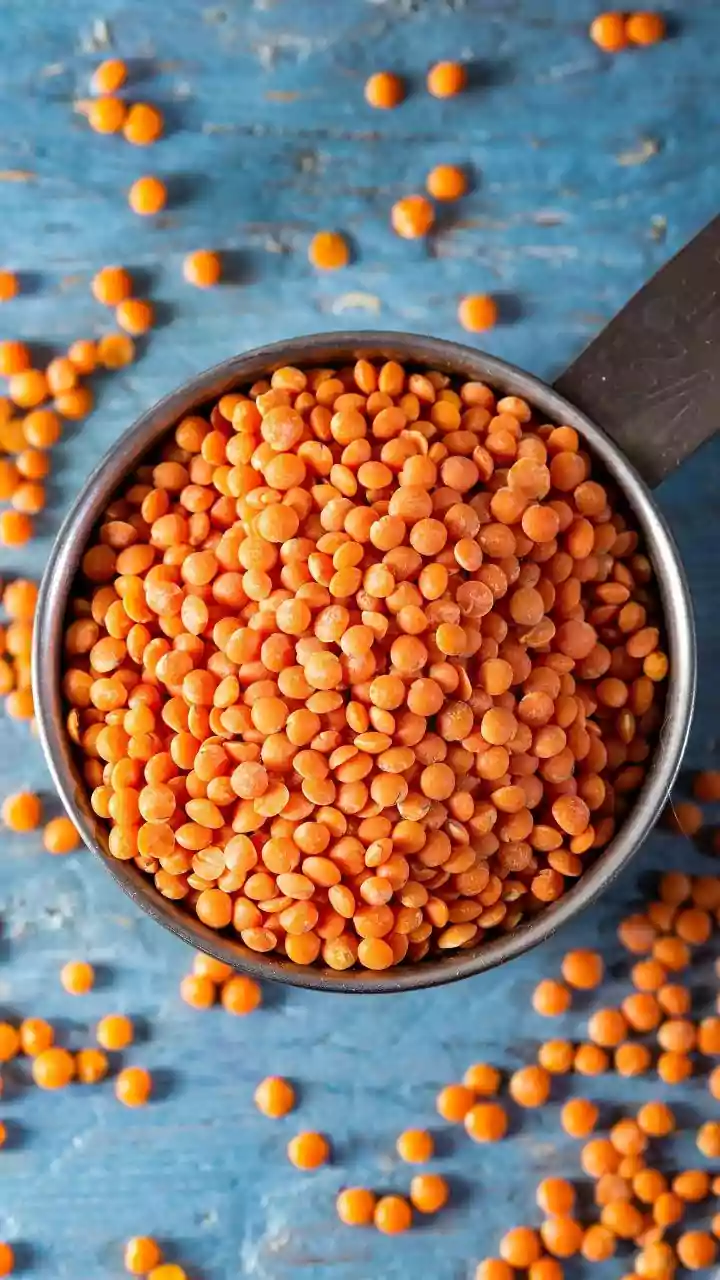Plant Sterols/Stanols
Plant sterols and stanols are crucial compounds that can greatly influence cholesterol management. These substances are naturally present in plants and,
when consumed, can block the absorption of cholesterol in the intestines. This leads to a reduction of LDL cholesterol, often referred to as 'bad' cholesterol, in the bloodstream. Incorporating foods rich in plant sterols and stanols can be an easy step in improving heart health. Products such as certain yogurts, spreads, and orange juice are frequently fortified with these beneficial compounds. The regular intake of these sterols and stanols can contribute significantly to lowering cholesterol levels when combined with a balanced diet and other healthy lifestyle choices.
Nuts for Heart Health
Nuts provide a delicious and beneficial way to manage cholesterol. Rich in healthy fats, fiber, and various nutrients, nuts such as almonds, walnuts, and cashews offer several heart-healthy advantages. The monounsaturated and polyunsaturated fats found in nuts can help lower LDL cholesterol levels. Furthermore, the fiber content aids in reducing cholesterol absorption. However, portion control is key due to nuts' calorie density. A handful of nuts daily can be a valuable addition to your diet. Consider unsalted varieties to avoid excess sodium. Integrating nuts as snacks or as ingredients in meals can significantly boost your effort to reduce cholesterol levels, supporting improved cardiovascular health.
Oatmeal's Cholesterol Benefits
Oatmeal stands out as an effective dietary measure to reduce cholesterol levels. It's packed with soluble fiber, particularly beta-glucan, which binds with cholesterol in the digestive system and prevents its absorption. Regular consumption of oatmeal has been shown to lower total and LDL cholesterol. Starting your day with a bowl of oatmeal is an easy way to promote heart health. Besides its cholesterol-lowering properties, oatmeal is also satiating, helping you feel fuller for longer, which can also aid in weight management. Prepare your oatmeal with water or low-fat milk, and add fruits, nuts, or seeds for extra flavor and nutrients, complementing your cholesterol-lowering efforts.
Soy-Based Foods Explained
Soy-based foods present another avenue for lowering cholesterol. Soy products, such as tofu, edamame, and soy milk, have been linked to reductions in LDL cholesterol. They contain protein and isoflavones, which may have cholesterol-lowering effects. Incorporating soy into your diet can be a convenient way to boost your heart health. Soy protein can replace less healthy protein sources, reducing saturated fat intake. Soy-based foods are versatile; they can be added to stir-fries, smoothies, or enjoyed as standalone meals. Choose minimally processed options and check labels to avoid excessive sodium or added sugars, maximizing the benefits for cholesterol management.
Fatty Fish and Omega-3s
Fatty fish, such as salmon, mackerel, and tuna, are an excellent source of omega-3 fatty acids, which play a significant role in improving heart health. Omega-3s can lower triglycerides, which are fats in the blood that can contribute to heart disease, and help raise HDL cholesterol, considered the 'good' cholesterol. Regular consumption of fatty fish has been linked to a reduced risk of heart attacks and strokes. Aim to include fatty fish in your diet at least twice a week. Prepare fish by baking, grilling, or steaming to avoid adding extra unhealthy fats. These dietary adjustments, especially when combined with a balanced diet, can make a notable difference in your cholesterol levels and overall heart wellness.



















